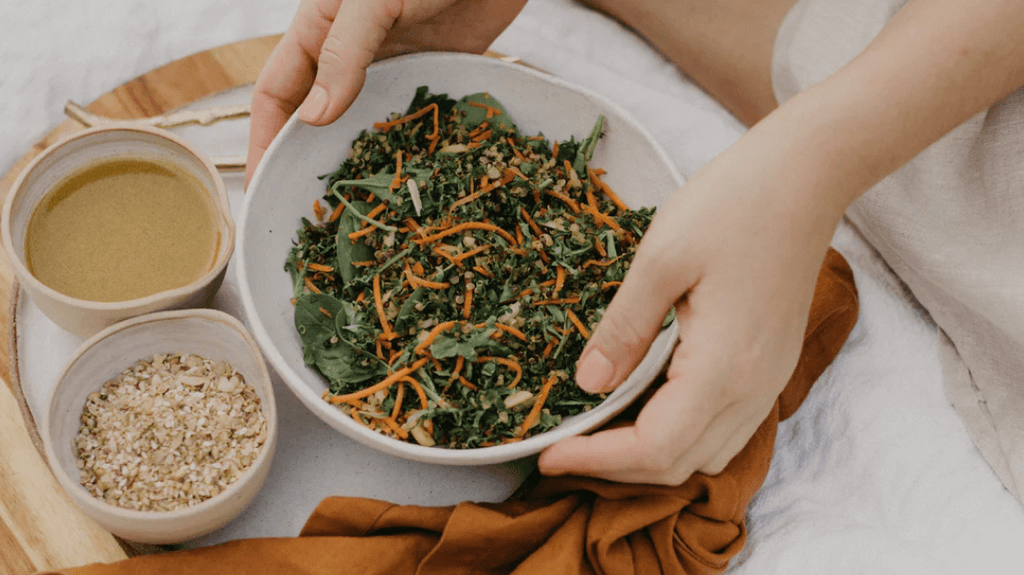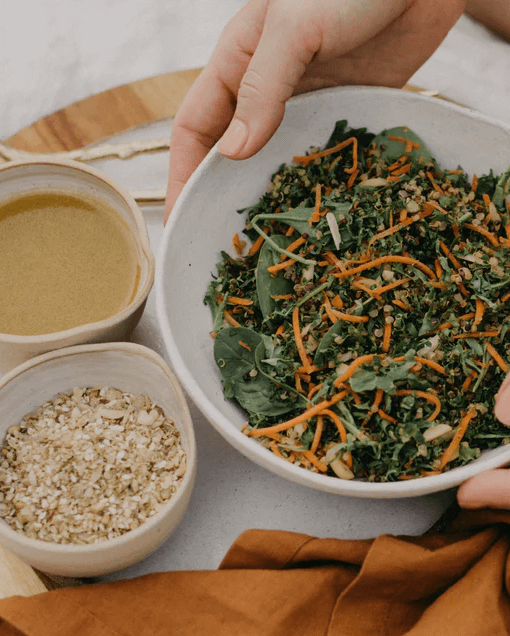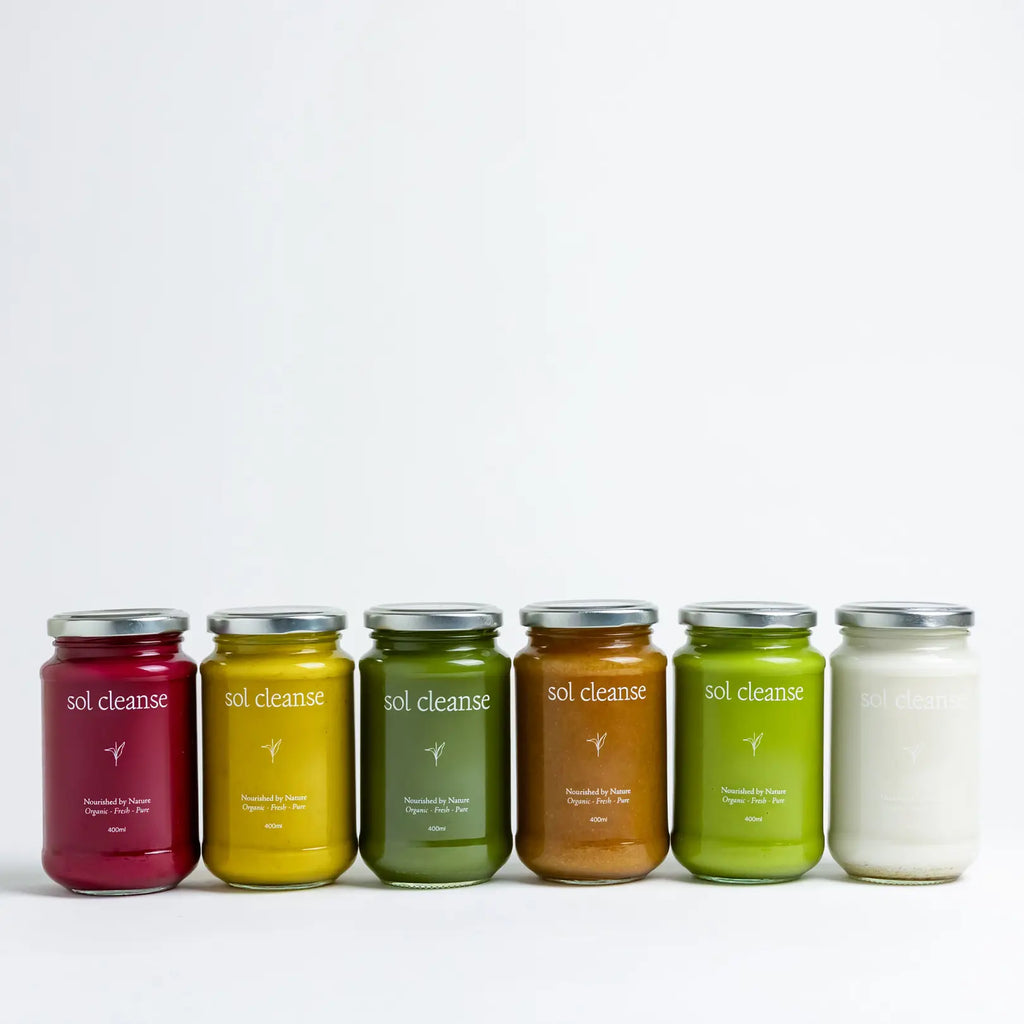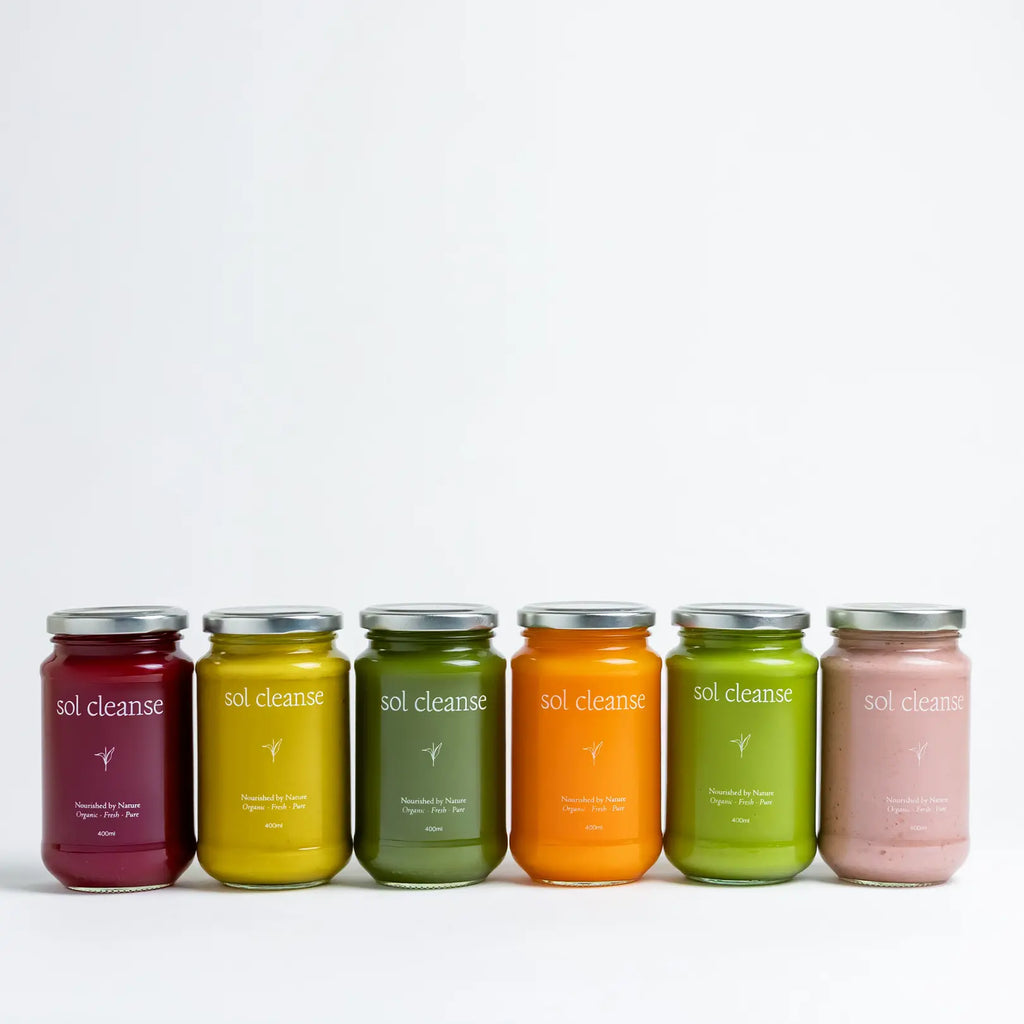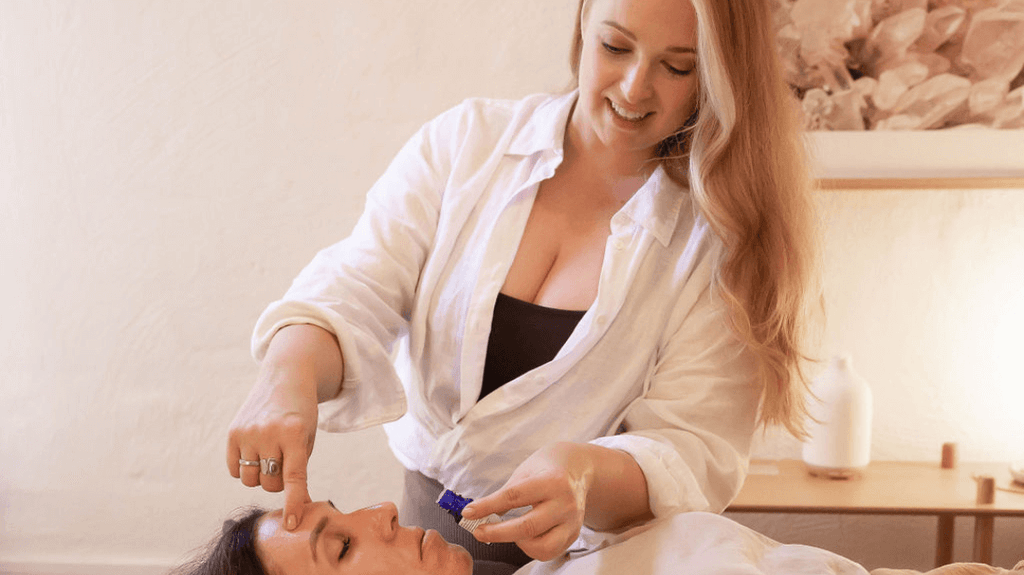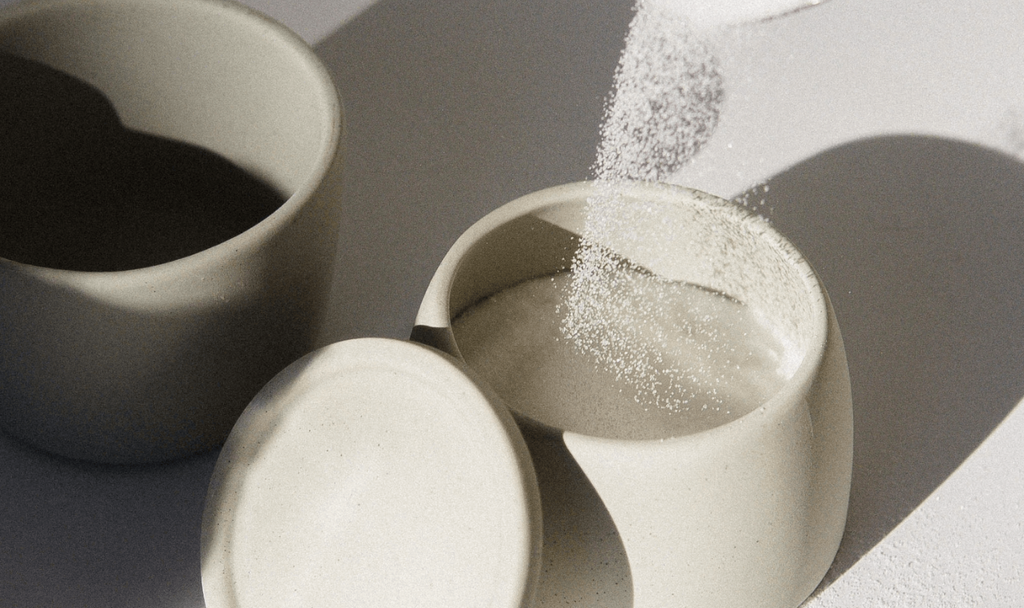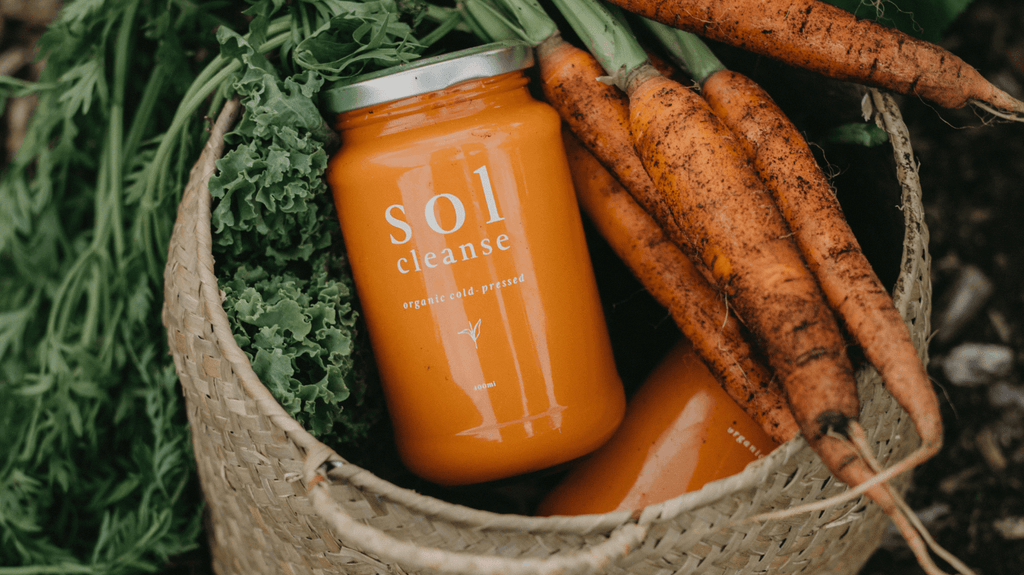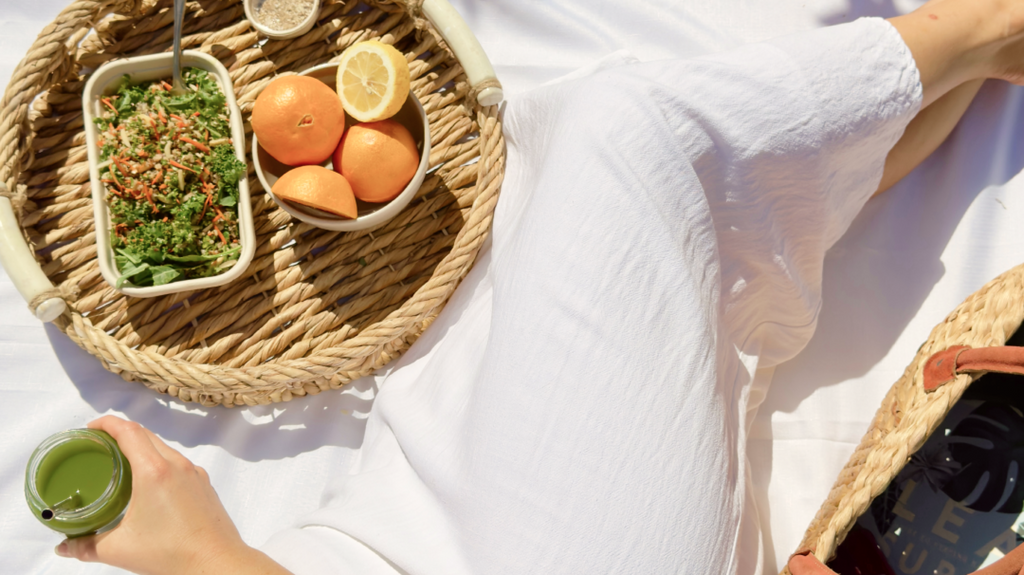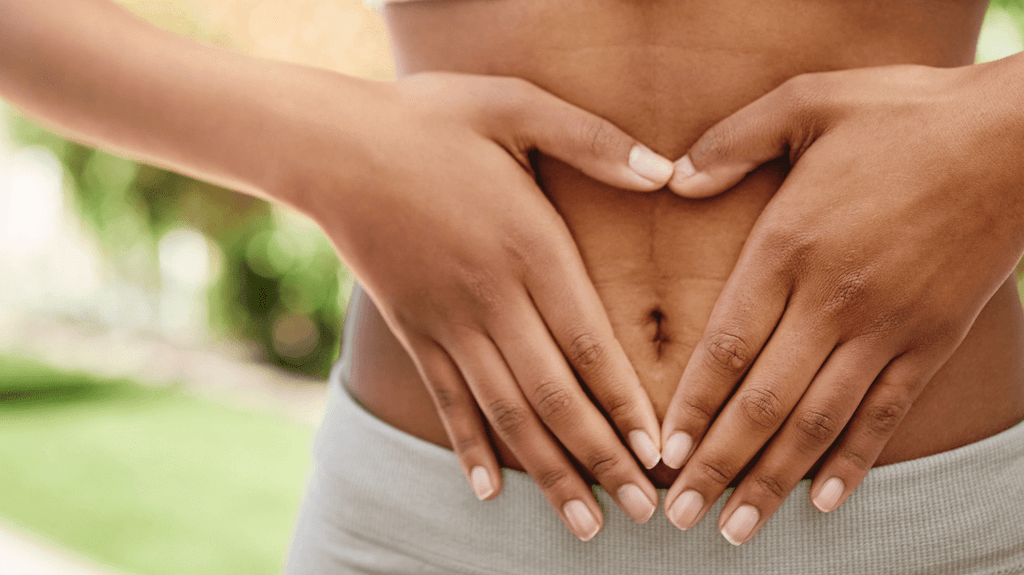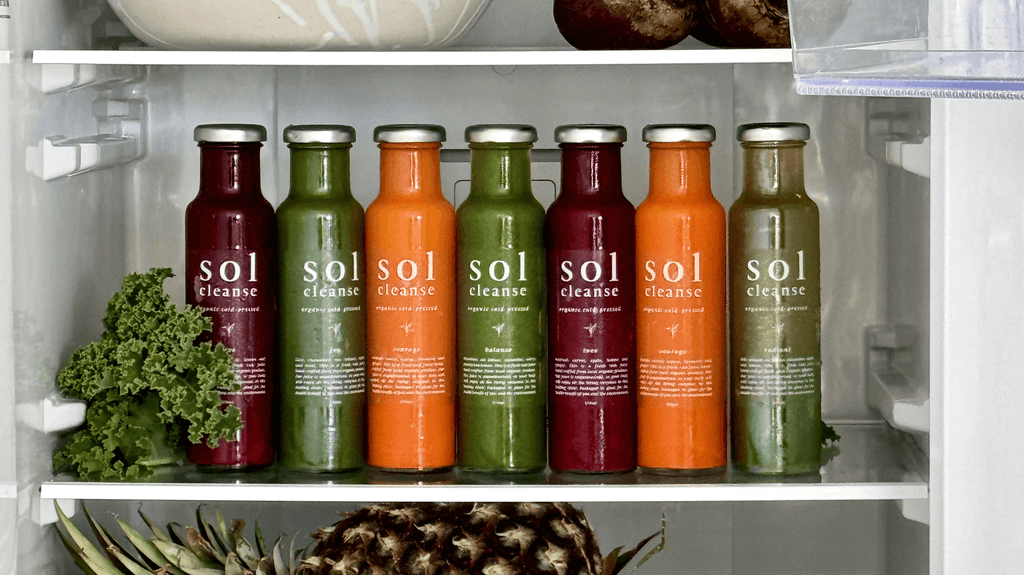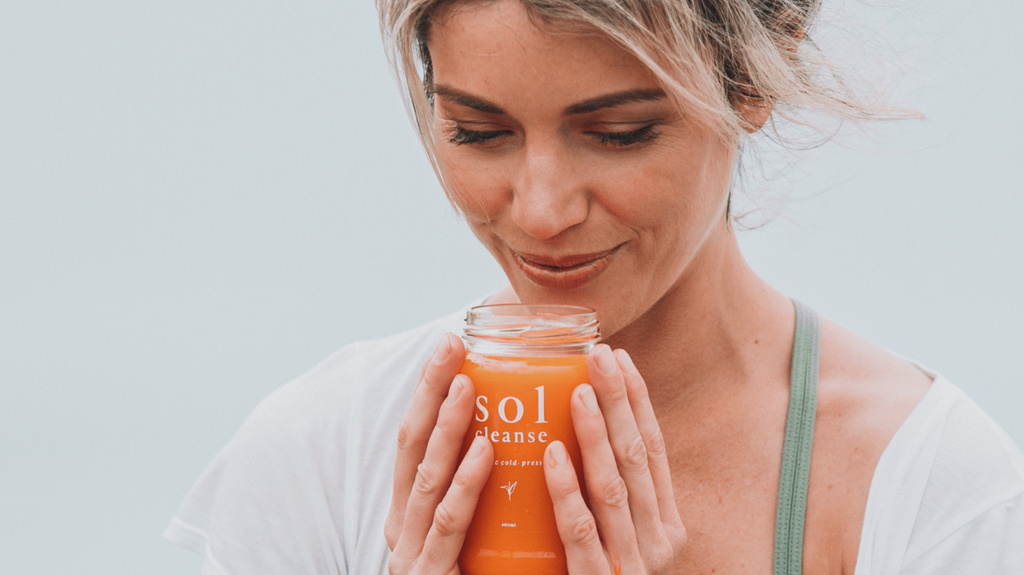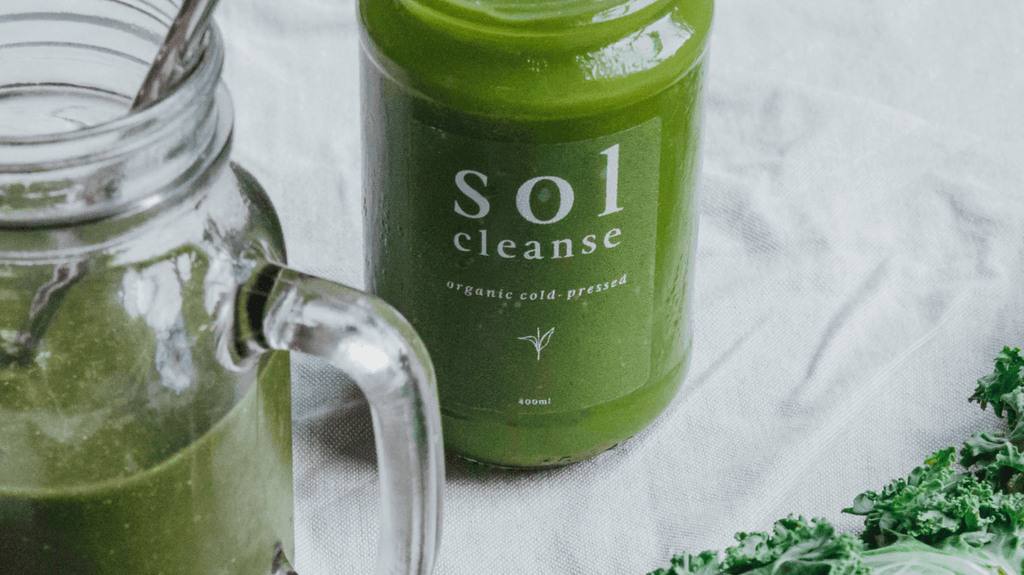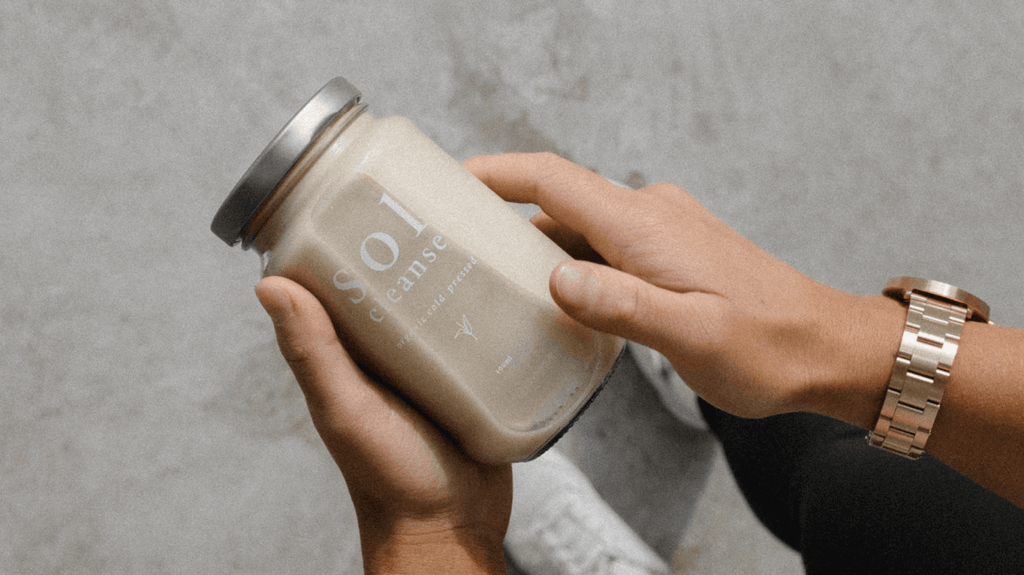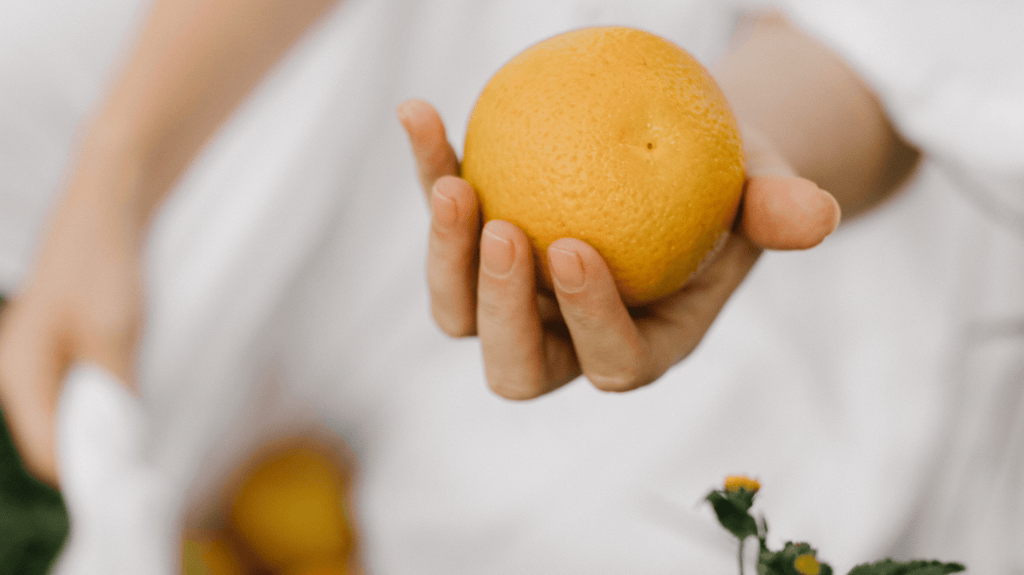When it comes to our gut, there is no denying that it really is the centre of our overall well being and as we know, is connected to a vast and growing number of health concerns. Poor gut health can contribute to the presentation of diabetes,depression, rheumatoid arthritis, chronic fatigue syndrome, and so much more. This understanding of the role of the gut microbiome and digestive system, supports the recommendations of holistic healthcare practitioners all over, healing the gut should be at the foundation of our health goals. So, how do you know if you need to heal your gut?
Studies have shown that the gut has amazing resilience. Which might seem great on one hand; however it means we may continue to treat it badly without being aware of any real symptoms or underlying damage at play. What might start out as a minor digestive complaint and gut microbiome imbalance, can lead to something much more severe overtime. The thing about symptoms is that even those you may not think are linked to your gut, most likely are. You might think you’re just someone who craves sugar or that waking up in the morning with sinus congestion is just normal for you. However, when we begin to understand the role the gut plays, these can be sneaky signs that the gut needs support.
Gut healing is a journey - not a sprint
There really is no ‘quick fix’ or magic pill when it comes to healing the gut. For people with minor digestive issues, a few weeks to a few months of focused gut repair may bring about noticeable improvements. However for people with autoimmunity, inflammatory conditions, hormonal imbalances, history of taking antibiotics or suffering from multiple food sensitivities (often unknown) gut repair may need an extended repair time starting from from six months minimum. The often-difficult pill to take is that this level of damage to the microbiome didn’t happen for us overnight, so it won’t heal overnight. For a lot of people, this is about committing to a complete lifestyle and dietary change that is conducive to gut health.
Removing the triggers
Often the most important steps to take in any gut healing journey is removing certain foods and anything else that may be contributing to gut irritation for a certain period. Through re-introduction and elimination, we may often find that certain foods we may be happy to live without or only eat in very small, isolated amounts. This is best guided by a qualified healthcare practitioner. However, as a general guide this may include alcohol, caffeine, processed/refined foods, and sugar. It may also include certain foods that may be causing sensitivities or intolerances, such as gluten, dairy, eggs, and histamines. A thorough gut healing program will also assess the role of lifestyle, particularly stress is playing in continuing gut inflammation & poor digestive function.
Testing and antibiotics
Testing for infections whether that be bacteria, parasites, fungal species or other pathogens is also integral to most gut healing protocols, and if identified this is often where a course of antibiotics may be indicated. This can become a controversial topic, however for indicated infections they can be an incredibly important stage of treatment and symptom reduction for someone. The downfall of antibiotics is that they are not specific to targeting only the harmful microbes, and can significantly alter healthy, commensal bacteria within our gut. Probiotic supplementation and a gut healing protocol should ideally follow any antibiotic use.
Tips for Gut Repair
- Remove gut irritants - Any known sensitivities/intolerances and refined/processed sugars and carbohydrates, processed meats, refined oils and beverages such as alcohol, soft drinks, caffeine for some.
- Address any gut infections – for example, an anti-candida diet and supplement approach may be indicated for someone with chronic Candida overgrowth.
- Implement stress reduction techniques– stress can directly impact how we digest, assimilate and absorb nutrients from our food, and overtime can contribute to poor enzyme and gastric acid secretions and chronic inflammation.
- Introduce bitter foods such as rocket, lemon, apple cider vinegar and the brassica vegetable family that may improve stomach acid production, bile and digestive enzymes – all key elements to healthy digestion.
- Assess any nutrient deficiencies – a key mineral such as Zinc (commonly low or suboptimal in those with an unhealthy gut) is integral to hydrochloric acid production in the gut; it is also needed for wound healing, collagen synthesis, neurotransmitter balance, and skin health.
- Amino acids for gut repair – Glutamine is incredibly nourishing for the gut and is considered the primary fuel for the cells lining the intestines and keeps the tight gap junctions healthy (i.e. reduces the leakiness associated in leaky gut). Our Prana Beef Bone Broth which can be added as part of a Custom Cleanse is a great source of glutamine.
- Make friends with fibre and fermented foods – so often when starting out on a gut healing journey people struggle to eat a lot of fibre, legumes, sauerkraut etc. without experiencing gas, bloating, stomach discomfort or distension; however through healing the gut we should build the capacity to digest these gut loving foods without unwanted symptoms. Remember to start low and slow by adding in a little more each day.
- Prebiotics and Probiotics are both integral to developing a healthy, diverse microbiome – a diet rich in plant matter and leafy greens is a great place to start for prebiotics (other key prebiotic foods include, leeks, onions, garlic, asparagus, apples, artichokes, oats, bananas) and for probiotic food sources (yoghurt, kefir, sauerkraut, kimchi and kombucha) as well as supplementation with clinically indicated probiotic strains for you that are often a key part of initial gut-healing protocol stages.
- Follow an elimination/gut healing diet and supplement protocol as directed by a healthcare professional – this may go through several stages, adapting to treatment and symptoms as necessary.
Through healing the gut, digestive symptoms can be relieved, health is restored, and then eating a diverse variety of healthy whole foods and plant foods becomes the foundation of your microbiome-supportive lifestyle. It is important to not be disheartened by the lack of a quick fix and invest the time into improving your gut health for your future long term overall health and wellbeing. A healthy gut is supportive of abundance, not restriction. Balance, not imbalance and health, not dis-ease.

